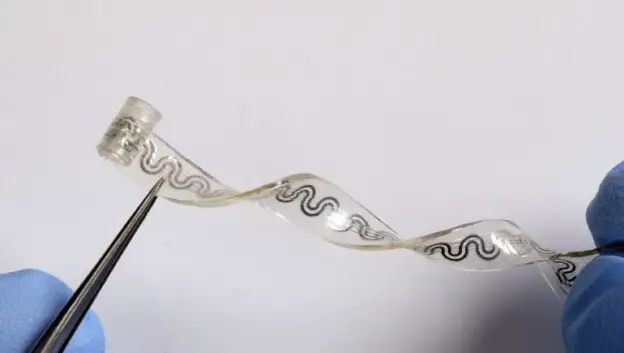The era of smart phones has increased convenience, but many works that take time to experience, such as songs, movies, and novels, have lost their luster.
Previous studies have found that mobile phone addiction interferes with cognitive brain function and reduces creativity.
To find evidence, scientists used brain imaging techniques to measure how the cerebral cortex responds to creative tasks.
It was found that smartphone addicts had lower activity in the prefrontal cortex and temporal lobe regions than nonaddicts.
Smart phones are changing our brains. Scientists have found that when reading digital media, the clutter of various URL links and advertisements, as well as scrolling and swiping gestures all require short-term attention.
It will lead to a “highly focused distracted state”, that is, to be highly short-term focused at the same time, but distracted for a long time.
While this distraction may seem temporary, the effects are long-lasting.
Scientists say frequent distractions from concentration can lead to lasting changes in the brain.
Creativity requires intense focus, and cell phones disrupt that.
Research recently published in Social Cognitive and Affective Neuroscience reveals how cell phones damage the brain.
First, creative cognition, defined as the ability to produce original and useful products, is a core cognitive element that gives the brain the flexibility to solve problems and generate new ideas every day.
The researchers recruited college students aged 18-25 and used the Smartphone Addiction Scale (SAS) to identify 48 participants, half of whom were severe addicts as the experimental group.
The other half with lower scores were the control group.
They were then asked to take an objects and alternative uses task to measure creativity,
Brain-imaging techniques were used to observe brain activity while participants responded to the alternative-use task.
It was found that smartphone addicts scored lower on fluency, dexterity and ingenuity. The prefrontal cortex and temporal lobe regions of the brains of addicts are less active.
To increase the difficulty of the surrogate task, the researchers exposed the participants to the test content first, which interfered with creativity.
The results also showed that addicts had reduced cortical activation and functional connectivity in the prefrontal cortex and temporal lobe areas, making it more difficult to overcome previous constraints.
It is also less able to establish original associations between objects and uses when generating creative ideas. This finding is equivalent to revealing that smartphone addiction actually affects personal higher-order cognitive abilities.
Smart Phone Addiction and Anxiety
Other studies have found that smartphone addiction leads to an imbalance in the neurotransmitter GABA, the main inhibitory neurotransmitter in the nervous system.
It can regulate various brain functions, but because it is an inhibitory chemical substance, it can cause symptoms such as drowsiness.
Researchers have found that young adults with mobile phone addiction exhibit higher levels of GABA in a region of the brain that may contribute to anxiety.
A 2017 study found that the mere presence of smartphones reduces “available cognitive capacity,” as smartphones provide instant access to sources of information, entertainment, and distraction.
Even if the mobile phone is put aside such as a table or a pocket bag, people’s cognitive ability will still decline.




